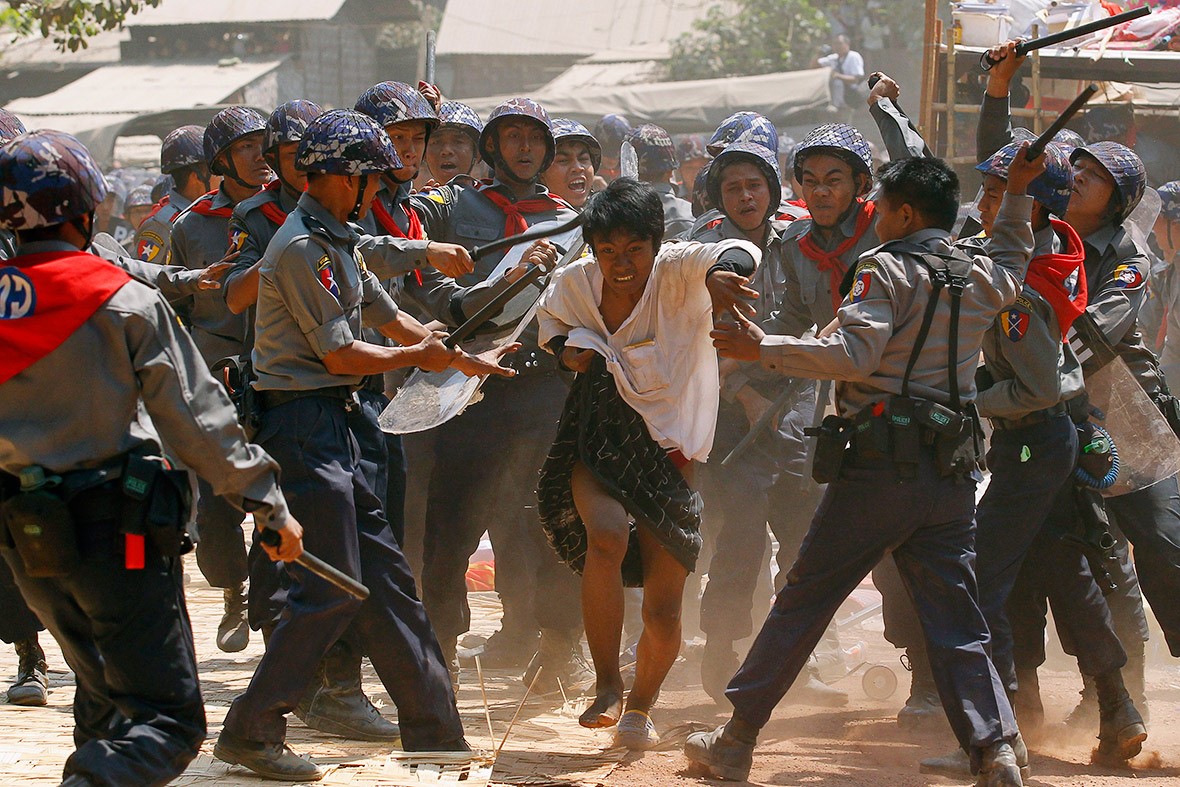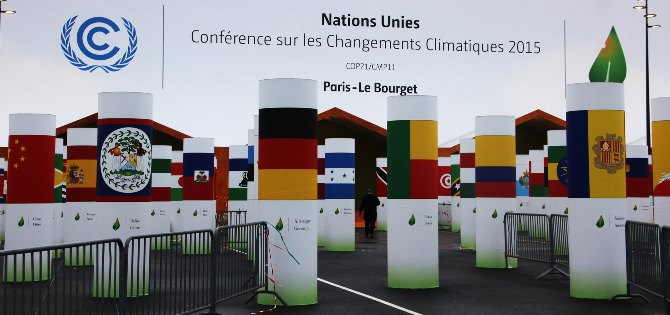On the Thursday 15 February, Stuart Gordon, gave a keynote paper at a conference in the Hague on the impact of counter-terrorist financing legislation on the humanitarian response to the Syrian crisis. The conference was organised by the World Bank, the Dutch Ministry of Finance and the Human Security Collective – a Dutch NGO based in the Hague.
The paper took an original approach to the risks facing humanitarian institutions working in conflict. Rather than those emanating from armed actors it turned attention to the global financial system. States have passed legislation that co-opts financial institutions into quasi-regulatory roles but profound uncertainty about how these new counter terrorist financing (CTF) laws should be interpreted, soaring regulatory fines imposed on banks for breaching the rules, combined with statements and directives from national and international regulatory bodies such as the Financial Action Task Force (FATF) identifying the not-for-profit sector generally as particularly vulnerable to abuse by terrorists, has established within the financial sector a global pattern of risk aversion to this type of business. This is labelled as ‘de-risking.’ This is impacting seriously on the operations of humanitarian organisations and brings into question the continuing viability of core humanitarian principles, predicated on access based solely on need. Stuart’s paper considered how ‘risk management’ in response to these pressures permeates the governance and rationalities of humanitarian institutions and, crucially, how it intrudes on humanitarian programming and the resulting patterns of emergency assistance coverage – leaving already vulnerable populations further exposed.
Stuart Gordon & Antonio Donini, (2016) ‘Romancing the Principles – Mapping the Critique of Humanitarian Principles’ International Review of the Red Cross, Cambridge University Press, Volume 96; Issue 895 (Mapping the Principles of Humanitarianism)
Dr Stuart Gordon, Programme Director for the MSc International Development & Humanitarian Emergencies (IDHE).
The views expressed in this post are those of the author and in no way reflect those of the International Development LSE blog or the London School of Economics and Political Science.






